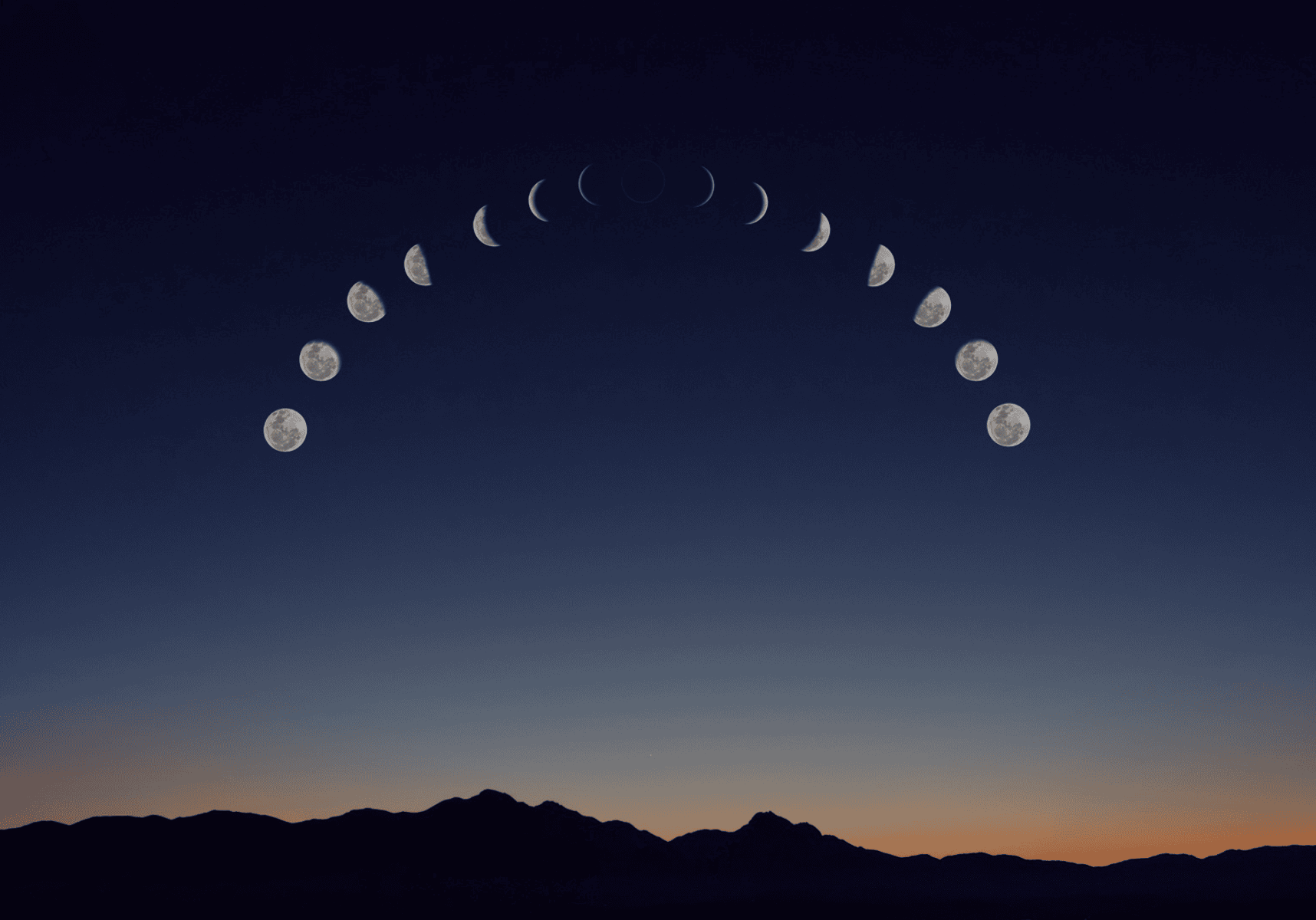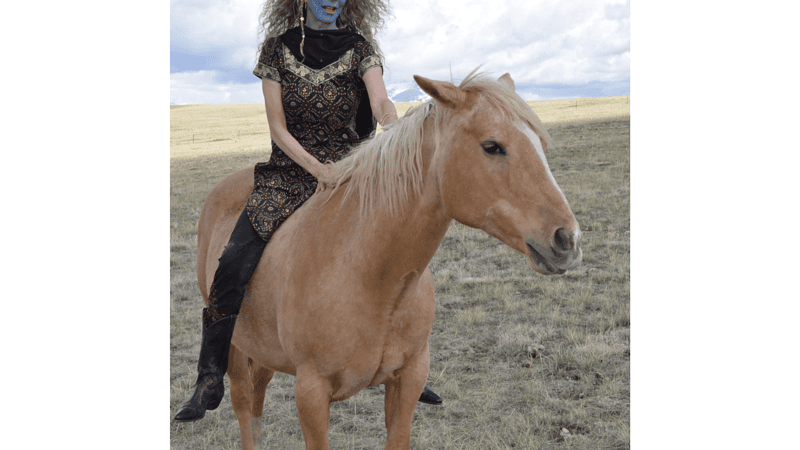
I Began Observing Moon Days and It’s Changing My Life
…here’s why.
Reading time: 6 minutes
“Taking my own personal Sabbath changed my life,” Kyle said plainly, in the unpretentious way we share something simple, personal, yet profound. The Sabbath had been a weekly conversation point between us during her regular chiropractic appointments. She is a young seminary student, a special person carrying both a youthful spring in her athletic, rock climber step and the aura of centeredness that bespeaks a rich inner world.
Her academic study of the Sabbath had led her to explore in her own life. “They actually took a Sabbath year every seventh year. Every seven days, a day of rest. Every seventh year, a whole year of rest” she shared another time. Could you imagine your whole city, the whole nation taking a year of rest? It’s almost inconceivable in our culture where even an afternoon of intentional laziness is a radical act. Amidst this busyness, what would it be like to reclaim the day of rest?
Waking Up to Rest
I, like so many others, am a recovering over-doer. For years I found it easier to squeeze in another workout than to give my body a break. I could sit all day in rigid Vipassana but to simply do nothing for an afternoon would put me into an existential crisis. I was like French Filmmaker Marguerite Duras when she said, “If I had the strength to do nothing, I would do nothing. Since I don’t have the strength not to occupy myself with anything, I make movies.”
In sharp contrast to this compulsive doing, not-doing is revolutionary. It’s the essence of the meditative path. It’s as revolutionary today as it was when Thoreau wrote at Walden lake “it was morning, and lo, now it is evening, and nothing memorable is accomplished”. The irony being that it is precisely and exclusively in this non-doing that we can receive a richness that could never be earned.
Enter the Moon Day
While in our Western culture we typically think of Sunday as a Sabbath day, in most cultures it was the moon’s cycle that marked holy days. In the Buddhist world, these were called “Uposathas”, days consecrated for rest and spiritual practice. Lay people would observe additional precepts normally reserved for monastics, such as fasting, celibacy, and avoiding entertainments. Other cultures too have similar themes, from Japanese Zen roku sainichi to the Purnimas of Hinduism, to the moon days of the Cherokee tradition. This past year, inspired by my Ashtanga yoga community (another tradition observing moon days) I began making this observance a regular part of my life.
The Strength to Rest
Here are the three most powerful epiphanies that have come from my moon days:
1. Real rest has no objective
Rest, like meditation, can easily be turned into a means to an end. Living in the culture of the power nap, it can become another thing to “do” and “optimize”. Moon days have taught me that it’s precisely in the un-doing that the magic happens.
2. Deep rest is essential, and it takes time
We don’t enter into rest like switching a switch, but more like the meandering circling of a leaf’s descent from a tree. Waves of resistance and agitation come up. They look like compulsions to do something “productive”. It’s only by trusting and letting them pass that my body and mind really unwind. It takes time.
It’s tragic how habitual busyness seeps into our nervous systems such that we forget what “ease” actually feels like. It’s not until we really sink into rest, for a whole day or even multiple, that we remember at the cellular level “oh! This is what life is supposed to feel like!”
3. There is power in attuning to larger cycles
Reflecting and planning in periods of two weeks, four weeks, and the astrological turning points of the solstices and equinoxes gives me opportunities to reaffirm my personal vows, realign commitments to goals, and create sustainable and progressive change in my life.
Making it personal
There is no one way to integrate days of rest into your life. The best way is the way that's yummy to you, and no one else can know that except for you. One thing, though, is clear to me: if we want to be happy and healthy, rest days aren’t optional. Rest isn’t a luxury, it’s a human need. So I offer three general guidelines to help you create your own Uposatha:
1. Consecration
Set aside time at a regular interval. It doesn’t have to be a full day. It doesn’t have to be any particular day, although I do believe that moon days have a particular astrological potency. Guard this “empty” time fiercely. It’s precious.
2. Intention
What does this day actually mean for you? When you attune to your why then you can let that intention structure (or unstructure) your time.
3. Reflection
Creating some ritual where you reflect on your past moon cycle and set intentions for the next one allows you to become the author of your life instead of being swept up in each day as it passes.
In closing, I leave us with a passage from Thoreau’s time at Walden lake that perfectly describes the magic available to us in the moon day.
"Sometimes, in a summer morning, having taken my accustomed bath, I sat in my sunny doorway from sunrise till noon, rapt in a revery, amidst the pines and hickories and sumachs, in undisturbed solitude and stillness, while the birds sing around or flitted noiseless through the house, until by the sun falling in at my west window, or the noise of some traveller's wagon on the distant highway, I was reminded of the lapse of time. I grew in those seasons like corn in the night, and they were far better than any work of the hands would have been. They were not time subtracted from my life, but so much over and above my usual allowance. I realized what the Orientals mean by contemplation and the forsaking of works. For the most part, I minded not how the hours went. The day advanced as if to light some work of mine; it was morning, and lo, now it is evening, and nothing memorable is accomplished."
Thoreau is a true champion for rest. May we too experience the joy of the day filled with nothing.
In rest,
Dr. Kent





